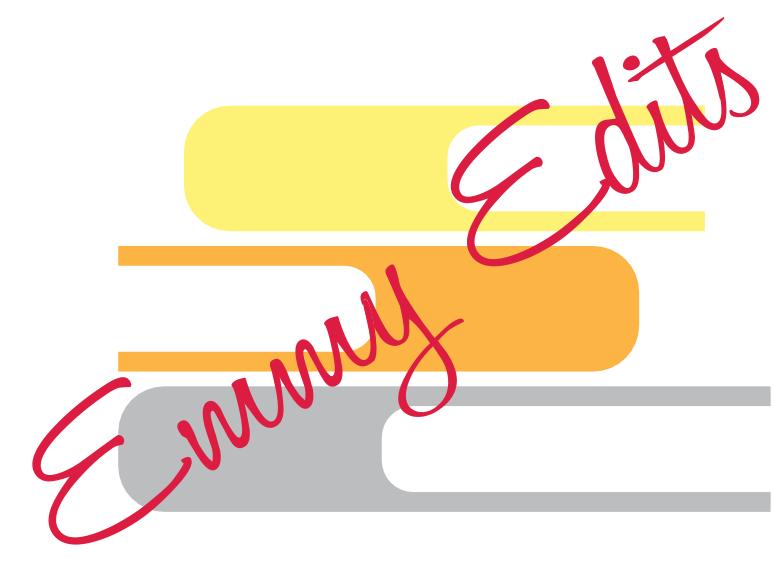Writing isn't easy. Duh, you might say. I have discovered during my novel writing experience that I am able to produce a quality idea, setting, and overall story, BUT I have a big problem with Fluff.
What do I mean by fluff? I mean all the little sentences and words that distract the reader or take the fun of imagination away. Sometimes while I'm writing I TELL a little too much, instead of SHOW the reader.
There are several places fluff can appear: Scene transitions, Dialogue, and mental thoughts/actions by characters. I'd like to show you an example from all of these areas today. I hope it helps you feel a little more confident as you go through the revision process of your own writing.
An example of a good exposition writing (when writing is used to inform, explain or describe.) This can be dull in a book, and it isn't necessary to say every little thing a character does. As a reader I don't need to see this: Maria wanted to go walking. She bent down and pulled her shoes on. She tied her laces then placed her jacket over her shoulders. Maria sighed as she turned off the light and opened the door. She stepped into the hallway anxious for her walk, and to get away. She pushed the elevator button....blah, blah, blah.
With the above example a reader can envision what the character is doing, but it gets kind of boring. Do you really need to describe everything? I don't need to know she turned off the light, or laced her shoes. I can assume she would lace her shoes after pulling them on. I also can assume she is pulling on tennis shoes since she's going walking, so naturally they would have laces. Wordy. Fluffy. No good.
Here is an excerpt from my soon to be released novel The Relics. After some editing, this is a good example of transitioning settings, while quickly allowing the reader into the character's head and thoughts to gather info on the new setting.
"The ride to the campus was uneventful; none
of the men spoke to one another. The few guards assigned to their small crew
sat at the front of the van at strong
attention, awaiting Brooks' orders. As Killian waited for the other crew
members and group of guards to pile out
the door upon arrival, he looked out the window at the bright campus across the street. The college was clean and busy,
surrounded by beautiful wooded areas full of trails and picnic spots. Students
and staff shuffled by the neatly hedged bushes next to the college marquee."
If I went on this way for another paragraph I would be borderline fluffy and boring. But this paragraph is all there is until a new dialogue and action piece begin. It lets the reader understand the new setting and what the character is seeing. It also shows the dynamic between the van of inmates and the guards present. Be quick, set up the new setting, move on.
Now, onto dialogue. Dialogue can stretch rules a bit because it is an actual person talking so it needs to sound like a real person might talk. But it can get really fluffy real fast if you spend too much time describing their inner thoughts, feelings etc. Not that those are bad to describe just don't go overboard (I do it ALL the time)
Allow me to set the scene for this dialogue so you might gauge a picture from body language as well as words. Killian (Protagonist) has been working on his work release crew at the college campus mentioned above. Mercedes (Protagonist) was harassed by a former boyfriend and Killian ended up giving him a bloody nose in a confrontation. Mercedes had met Killian before he was sent to prison, so seeing him in his prison attire then fighting in front of her has caused some concern. Okay, now see if you can get a sense for how both characters are feeling when they speak.
Good Concise Dialogue:
"Sorry about that. It’s Dez, right?"
he asked holding the books out to her. She lowered her hands and accepted the
books, but said nothing. Killian gave an awkward smile, his eyes glancing
around as he slowly backed away from her."Alright,
well...glad you're okay. I was just trying to help," he said clenching his
jaw and turning stiffly back toward his hedge.
Use body language, descriptive words, and punctuation to let the reader feel what's happening, and understand how each character is responding to situations.
Now finally, I want to show you an example of a fluffy sentence I had, and how easy it is to remove fluff. Though it isn't always easy to recognize without another pair of eyes look for words you've used like: obviously, inwardly, felt etc. If those are used too often you can probably take them out and write what is going on physically so the reader will feel it and understand on their own. Or maybe they'll feel something different than you did as the author. That's okay. Reading/Writing is subjective. If the reader has a different emotional response toward a character great, that's the fun of reading.
This is the same setting with Killian and Mercedes before the fight. He's overhearing what the jerk ex-boyfriend is saying.
Fluffy Example:
"Pretending to be focused on the hedges he found
himself straining to hear the conversation between the two. Normally, he didn't take an interest in others,
but the undeniable attraction forced his interest with her."
Can you spot the fluff? Now here is the revised paragraph. Quite a simple change, but allows the reader to come to their own conclusion about Killian and what he would or wouldn't do.
"Pretending to be focused on the hedges he found
himself straining to hear the conversation between the two. Normally, he didn't take an interest in others,
but the undeniable attraction forced his interest with her."
That's it. I just took out the last sentence. My hope is that through other dialogue and events before this situation comes up the reader can see that Killian is not one that likes to involve himself with others. This simply describes what he is doing. He wants to hear the conversation. That's it. That's what I want readers to know.
I hope these personal examples help you look at your writing different. I still need to work on these too, but each time I write I'm getting better.
Keep trying, strive for 2,000 words a day. Happy Writing.





No comments:
Post a Comment